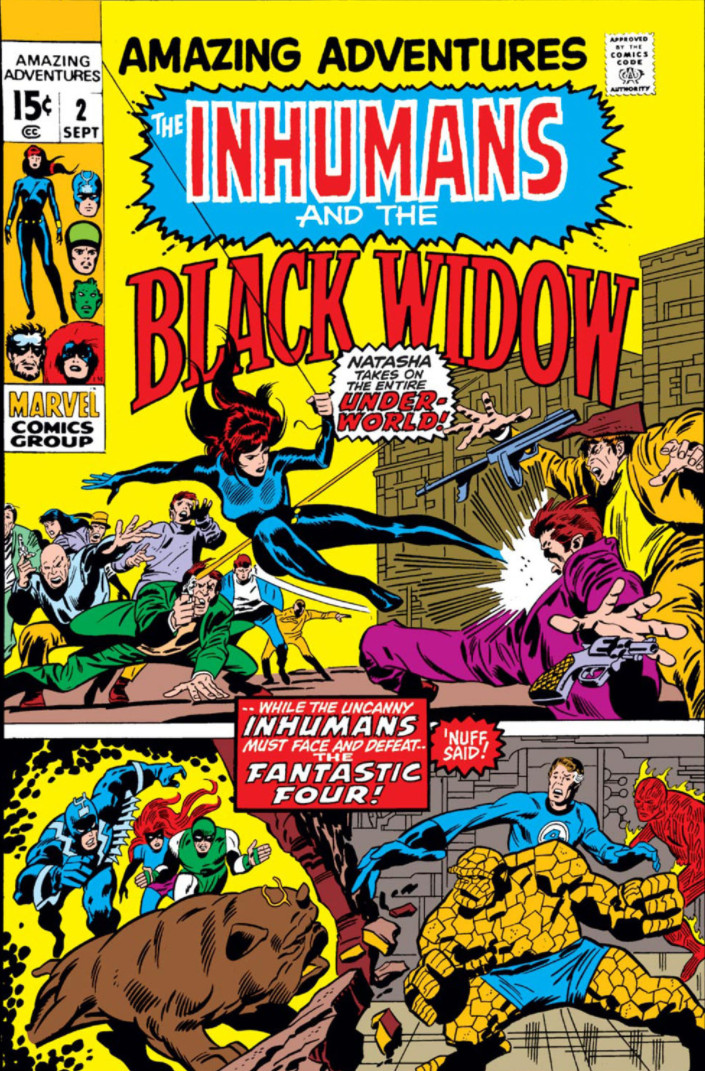What's better here? The head banging intro., Robert Plant's vocals (gotta love that Tarzan-like yell), or just the general gutteral growl of Jimmy Page and John Paul Jones? How about all of the above? Shoot, I don't even know the words here -- I just move, man. People must think I'm an idiot...
One of the best bridges ever. Ever. Neal Doughty's organ followed by Gary Richrath's guitar. And don't forget Doughty on piano, either. I loved this one the first time I ever heard it, as the lead track on the album at right, You Can Tune a Piano but You Can't Tuna Fish. And if that isn't one of the best names for an album, ever, I don't know what is.
So if you're tired of the same old story,Turn some pages.
Yeah!
Ah, yes, back in the days before Steve Perry had completely taken over lead vocals -- and don't get me wrong -- he has a phenomenal voice and to me embodies Journey. But Gregg Rolie is featured here, as he was on two of the band's other hits, Feelin' That Way and Anytime. What works for me here is the mixture of their vocals -- different pitch, style, but sounding great together. Sort of like the Reese's of '70's rock!
I like Jonathan Cain on keyboards, but Rolie's vocals gave Journey an additional resource.
Just when you think it's about over, it gets better. Fast, then slow, then fast again. A rocker worthy of stadium play, and in fact, I do play it when doing the PA at my sons' high school baseball games. Hey, I'm not interested in their music; folks on the fence have to listen to my music! Brian Johnson's vocals are great on this track.
Doesn't the Boss just paint you a picture with a lot of his songs? None more so than here. The scenery, the characters, the situations... Clarence Clemons is great on that sax as usual, and the rest of the band meshes well, also as usual. Another tune that reaches a stopping point, but heads right into a crescendo that takes it home the rest of the way. Fun, fun, fun!
BONUS track --
The first time I heard this song I thought it was Emerson, Lake, and Palmer -- the synthesizer is reminiscent of ELP's Lucky Man. Head East hails from my native Illinois, originally forming at the University of Illinois. They never really had another hit, but this one's lasting -- sounds great everytime I turn it up!





















 Can there be any doubt that this loooonnnngggg winter in the States is coming to an end? Think warm!
Can there be any doubt that this loooonnnngggg winter in the States is coming to an end? Think warm!







